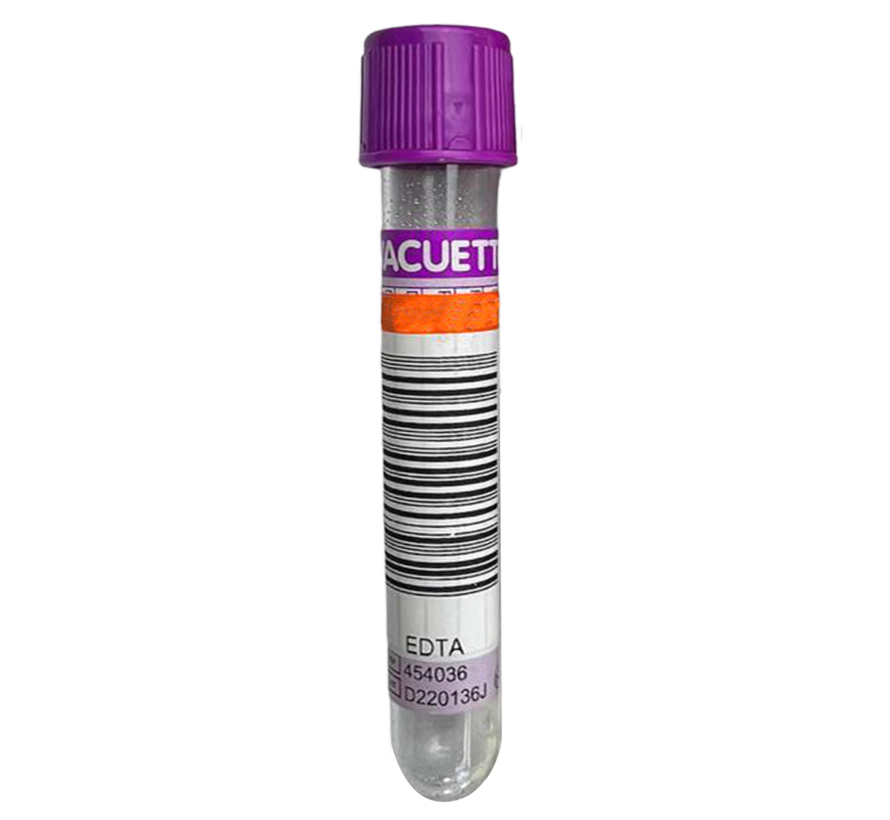Vitamin B6 deficiency?
In this test, active B6 Pyridoxal-5-Phosphat (P5P) is measured. Vitamin B6 is a member of the family of B vitamins and is also called pyridoxal. It is a co-factor (excipient) of numerous enzymes. Without vitamin B6, all kinds of body processes run slower.
Several symptoms have been observed in adults, including inflammation of the tongue and skin, depression, confusion, fatigue and nervous system disorders.
Vitamin B-6 deficiency (pyridoxine deficiency)
Vitamin B6 plays an important role, among other things, in the metabolism of amino acids and fatty acids, the storage of glucose in the form of glycogen (glycogenesis), the formation of red blood pigment (haem) and the function of the nervous and immune systems (immune system).
Vitamin B6 (pyridoxine) is found in raw grains, wheat germ, yeast, soybeans, rice husks, meat and liver products, among others.
Possibleand manifestations
Scaly skin conditions, especially around eyes, nose and mouth and behind the ears, oral mucosal inflammation (stomatitis), painful red lips (cheilosis) tongue inflammation (glossitis), nervousness, depression, nervous system disorders with o.sensation and vision disorders and anemia (anemia), among others.
Possiblecauses
Prolonged deficiency of vitamin B6 in the diet (e.g. eating white rice instead of brown) and alcoholism. Pill use, pregnancy, lactation, old age, heart failure and radiation often increase the need for vitamin B6.








